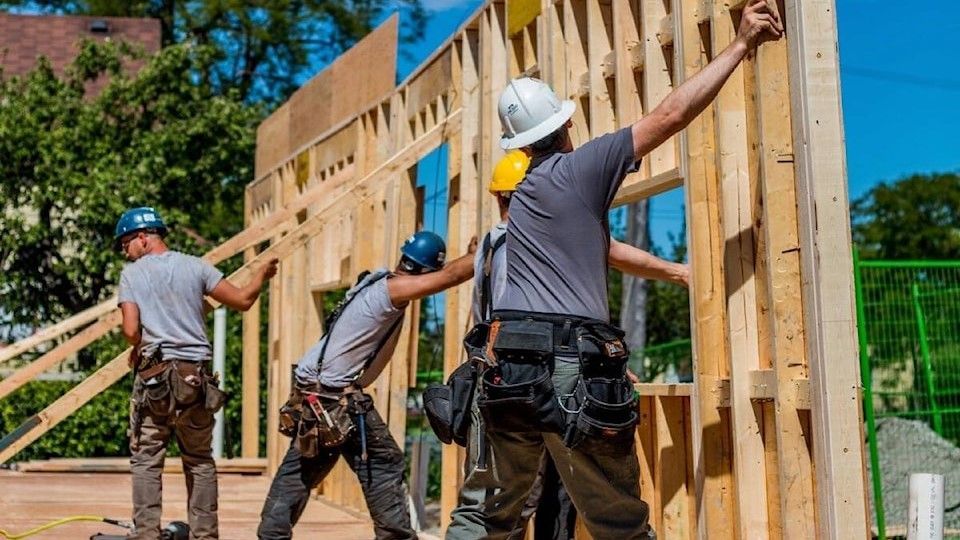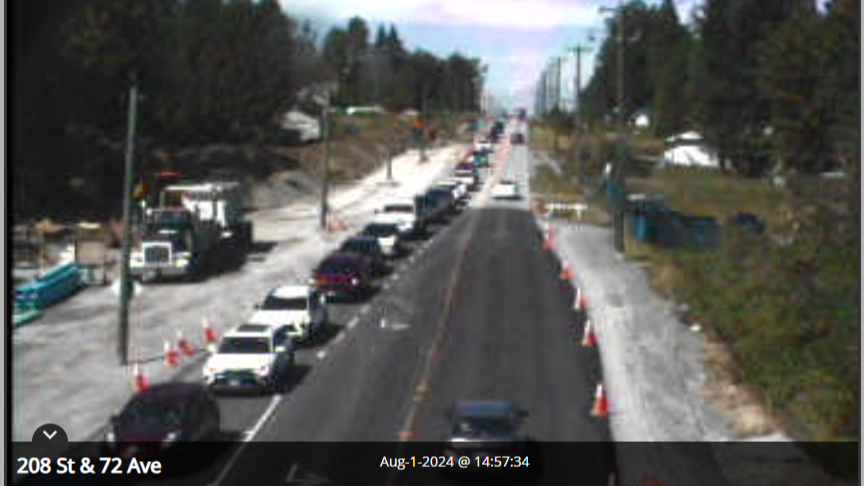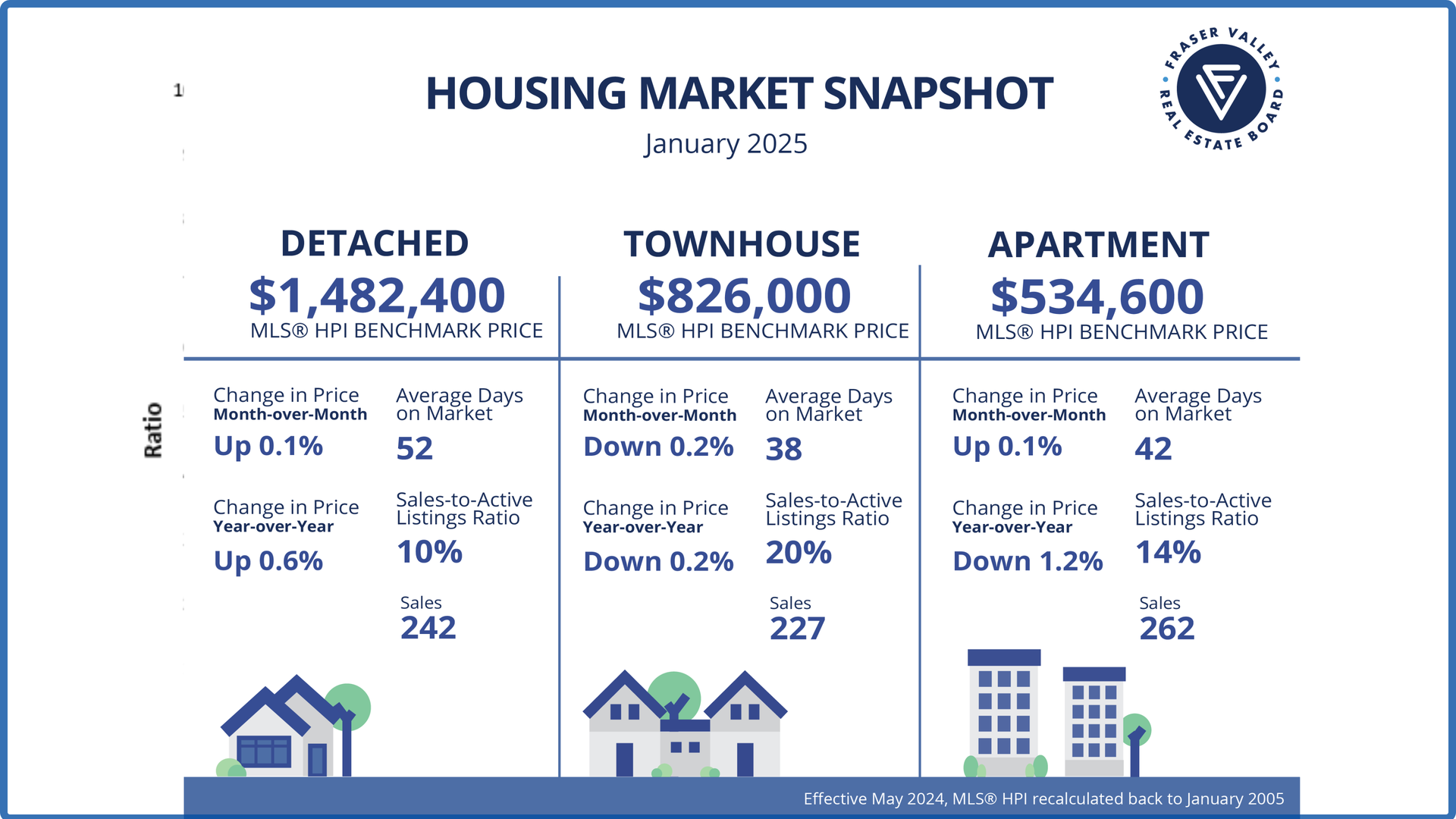🏠📉 New Housing Units Down in B.C., but Expert Predicts Reversal! 🔄📈

New figures from Statistics Canada confirm a declining trend in new housing units, but an expert predicts this could soon be trending the other way.
Figures released Tuesday show 3,163 housing units created in B.C. in September 2024, down from 3,895 units in August and down from the 2024 peak of 7,128 in April. The average for the last six months was 3,783 units rounded up.
Brendon Ogmundson, chief economist with the British Columbia Real Estate Association, is paying particular attention to the trend line when it comes to the number of new multi-unit dwellings.
"In B.C., that trend has been falling for the past several months with the number of new multi-unit dwellings over the past six months trending at a 3,500-unit pace as of September," he said. "While not low, that level of activity isn't what I'd like to see to be confident in our ability to meet aggressive provincial housing targets. With interest rates falling and market conditions improving, we could start to see that trend picking up over the next year."
Looking at specific B.C. municipalities, the Vancouver Census Metropolitan Area recorded 1,658 new residential units, a drop of almost 49 per cent compared to September 2023. Trend lines also pointed downward in Victoria, Nanaimo and Kelowna.
These numbers reflect building conditions as they existed for all of 2023 and much of 2024 when interest rates had hit a historic high. They are now trending downward following cuts in the overnight rate by the Bank of Canada in June, July, September and in October. The overnight rate — which helps sets rates for a number of financial instruments — was five per cent in early June 2024, the highest rate in more than two decades.
Wolf Depner
Nov 14, 2024 3:28 PM
All Rights Reserved | Andy Schildhorn Personal Real Estate Corporation | Created by M.A.P | Powered by Conscious Commerce Corporation






